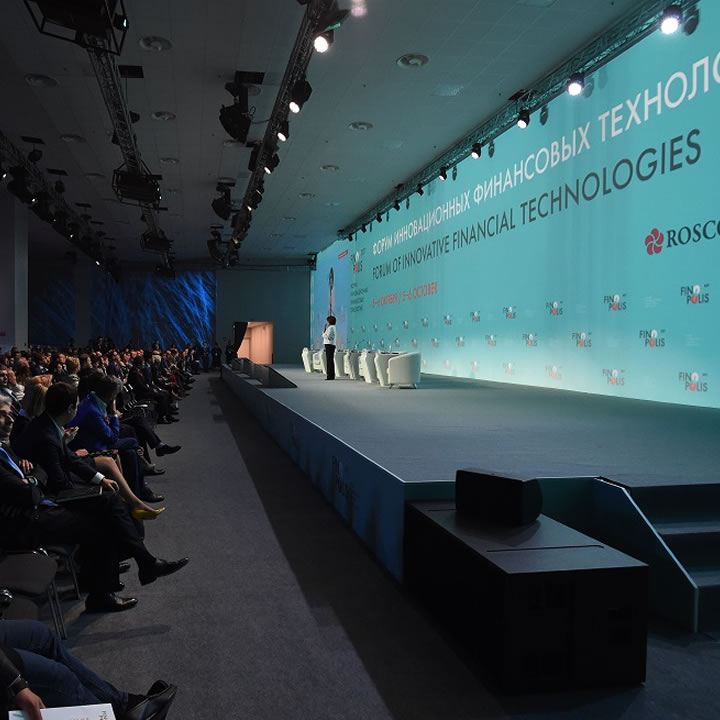Denis Tikhonov — the Head of the Department of Economic Policy and Development of Moscow — has participated in “Creating the cities of the future: where to start?” session of the Eastern Economic Forum. He announced that nowadays global competition between cities for human and investment capital is raging and Russian megacities are expected to meet this challenge.
He reminded that the quality of human habitat is assured by cities & the education possibilities. In other words, the quality of healthcare & transport infrastructure has greater significance than the place of birth and jurisdiction for city dwellers.
“This is a challenge for both Moscow and other Russian metropolitan areas: it is necessary to create comfortable habitat here, so that the people do not flee abroad, in which Moscow has succeeded recently,” Tikhonov also noted.
According to him, urban agglomerations are generally more efficient in terms of economy — today 50% of the global population lives in cities, and produces 80% of the world’s GDP. It is clear that in megacities production costs are lower, competition is greater, and the conditions for self-realization are better, Tikhonov added.
He mentioned that the productivity of large urban agglomeration resident is twice as big as of a small town resident’s. Just as only 8.5% of the country’s population lives in Moscow, but more than a quarter of the national GDP is created here. The head of the department said that Moscow accumulates about 16% of investment in fixed assets, 50% of foreign direct investment.
Moscow has the largest number of jobs & creates additional 3.5 million jobs in other regions. Having this in mind, both Russia and Moscow are far behind some global agglomerations leading in resources concentration, he emphasized.
Only 12 Russian cities are among the TOP-600 largest cities in the world, and only two — Moscow and St. Petersburg — are in the TOP-100 largest agglomerations. Relative GRP values (per square km) in Moscow is somewhat four times lower than in New York, and half as high as in Paris. At the same time, the share of budget revenue per capita in these capitals is at the same level.
“We have something to strive for — it is increasing the economic density of our city”, Denis Tikhonov said. One of the main tasks for the city authorities today is to provide a favorable business environment, he explained.
Moscow ranks #1 in the national rating of the investment climate according to the Agency for Strategic Initiatives. “Development of the Russian cities, the increase of their competitiveness is the cornerstone of sustainable development of the national economy”, — summarized Tikhonov.
Vladimir Yefimov, the Moscow Deputy Mayor for economic policy and real estate relations, has previously reported that the amount of investments in fixed assets in Moscow in the first half of 2019 increased by 19.5% compared to the same period last year. It is 946 billion rubles.
The large-scale program of the Moscow development is one of the key drivers of investment activity. Moscow Address Investment Program 2019-2021 amounts to 1.6 trillion rubles in total. The Program deals with strategic projects in transport, social sector, city beatification, development of the new territories etc.
Click here for further information

